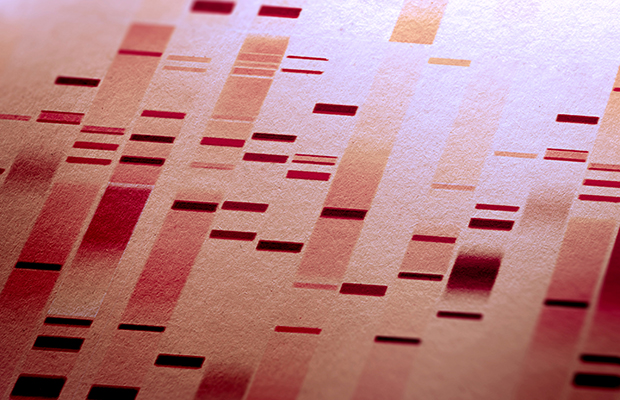
What's it like being a counsellor for families with an inherited heart condition?


When faced with a life-changing diagnosis, families with inherited heart conditions are in need of support. Dr Liz Ormondroyd tells us what it’s like being a genetic counsellor and what she’s learned along the way.

“As a researcher and genetic counsellor, I’m at the interface between research and the NHS screening service for families with inherited heart conditions.
I started out doing a degree in genetics quite a few years ago. The field has changed immensely since then. Research in the UK and throughout the world has led to huge advances in our understanding of genes and how they contribute to disease. After a few years and another degree in laboratory genetics, I realised that I wanted to work outside the lab and instead with people who actually experience genetic conditions.
That’s when I then trained as a genetic counsellor. For several years, I’ve been part of a team led by Professor Hugh Watkin at the University of Oxford — he specialises in inherited heart disease research.
Our research aims to understand the genes involved in inherited heart conditions, and how changes in them can lead to disease. As well as this, I’m interested in exploring some of the big questions about the ways genetic technologies are used. We’ve made incredible strides in genetic research but sometimes innovative science can come with ethical questions — especially when patients and families are directly involved.
Getting to grips with family trees
Because the heart conditions we specialise in are inherited, when one person is found to be affected, either in life or after death, relatives have to think about their own risk.
Most branches of medicine focus on individuals, but in genetics we think about the whole family — an important part of my job is to ask about family history and think about which relatives may be at risk.
Inherited heart conditions services, like ours in Oxford, offer genetic testing — screening a number of genes to look for a ‘variant’ or change that might explain why a particular heart disease has developed. If we find a genetic change which we believe could be responsible for a heart disease, relatives can consider testing for themselves.
Thinking about being tested for a heart condition can be very stressful, and an important part of our role is to support patients and relatives to make decisions even before testing and then understand what the results of any tests mean for the family.
A loss is never forgotten
Many of the families we see have suffered a loss due to sudden cardiac death, which very sadly can happen at any age. Unfortunately the conditions we specialise in often don’t have warning symptoms, so people who are at risk may not know it. When a child or young adult dies unexpectedly and suddenly, the impact on families is particularly devastating — the memory of it will stay with them forever. We want to give families the answers they are looking for, and the peace of mind that we can prevent things like this from happening again.
Genetic testing can be very valuable, both for understanding why a particular condition happened in someone and for identifying who else in the family might be at risk.
But the genetic causes of inherited heart conditions are not yet fully understood. This means that we are not always able to find the genetic cause than explains why a loss happened.
In these situations, we can often offer wider genetic testing either through our Oxford-based programmes or national projects like the 100,000 Genomes Project. These projects aim to identify unknown genes that are believed to cause a range of diseases including inherited heart conditions. Although this is a slow and painstaking process, we hope that during the next few years, this research will provide much-needed answers for individual families. It’ll also help improve our understanding of inherited heart conditions.
Understanding the results
The results of genetic testing can be hard to interpret. We all have thousands of gene changes, or ‘variants’, and most are not important for our health. Proving that a specific gene change is important for heart function is a team effort involving lab researchers, bioinformaticians and most crucially, families.
We try to build evidence that a specific gene change really is the cause of a condition, using a range of lab tools to study how it works. If we can find other families with a similar condition, this can be helpful too. An important line of evidence is whether a gene passes down through families, and for that we need blood samples and clinical information about relatives.
The process of thinking about risk, and having heart and genetic tests in people who feel well can be difficult for families, especially when we cannot give immediate or clear answers. We are very grateful for their contributions to our research, and it’s my responsibility and privilege to help them through the process.”

